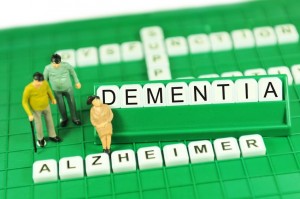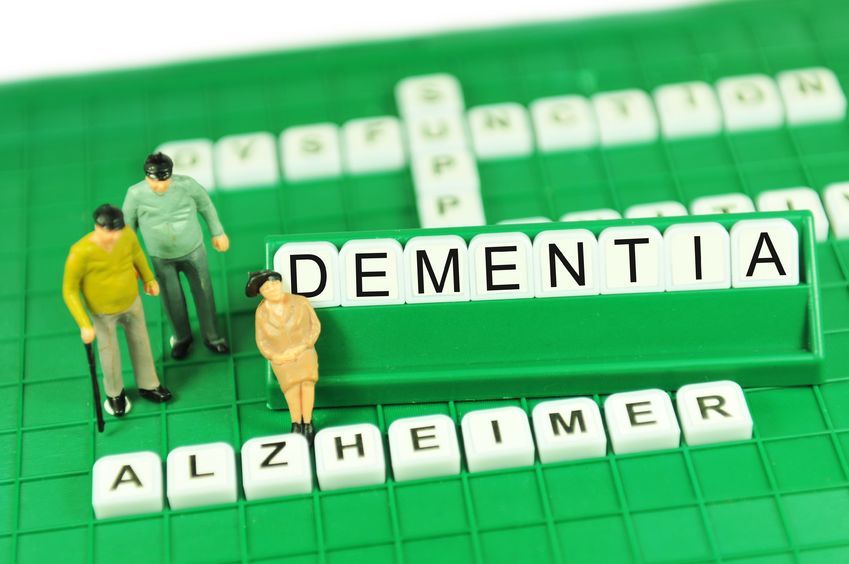It is very true that what you do today, could potentially affect you tomorrow. According to a recent study, snoozing for less than 6 hours and more than 8 hours, along with a lack of cognitive stimulation, is linked to cognitive impairment in people over the age of 65.
The risk of cognitive impairment is increased as we age, and is associated with dementia. About 35.6 million people in the world suffer from dementia, with a predicted 100 million sufferers by 2050, according to the World Alzheimer report. In Spain, the cognitive impairment varies between 10.1% and 26.9 % of the population over 65 years-old depending on the region, as well as some variance depending on how the information is obtained by research teams.
Conducted by researchers from the Department of Pharmacy at the University CEU Cardenal Herrera and pharmacists in the Valencian Region, Spain, the study involved a total of 245 patients over the age of 65 from both rural and urban areas.
The results concluded that sleeping less than 6 hours each night or more than 8 hours a night, increased the risk of cognitive impairment by 2.6%. Therefore, both chronic insomnia and daytime sleepiness are risk factors associated with cognitive impairment and dementia.
Additional findings also showed that a lack of reading increased the risk of cognitive impairment 3.7 times, with the occasional reader facing a 2.5% increased risk.
According to the authors of the study, we should be more aware of the link between cognitive impairment and lifestyle decisions such as sleep quantity, exercise, and intellectual stimulation; it’s not just the genetic factor that puts people at risk. Currently, the research team is working a new health intervention program to improve the lifestyles that are related to cognitive functioning.
Start practicing healthy sleep habits early and reap the benefits! The National Sleep Foundation recommends that adults gets 7-9 hours of sleep every night to be at their best! How much sleep do you typically get during the week?



No comments yet.